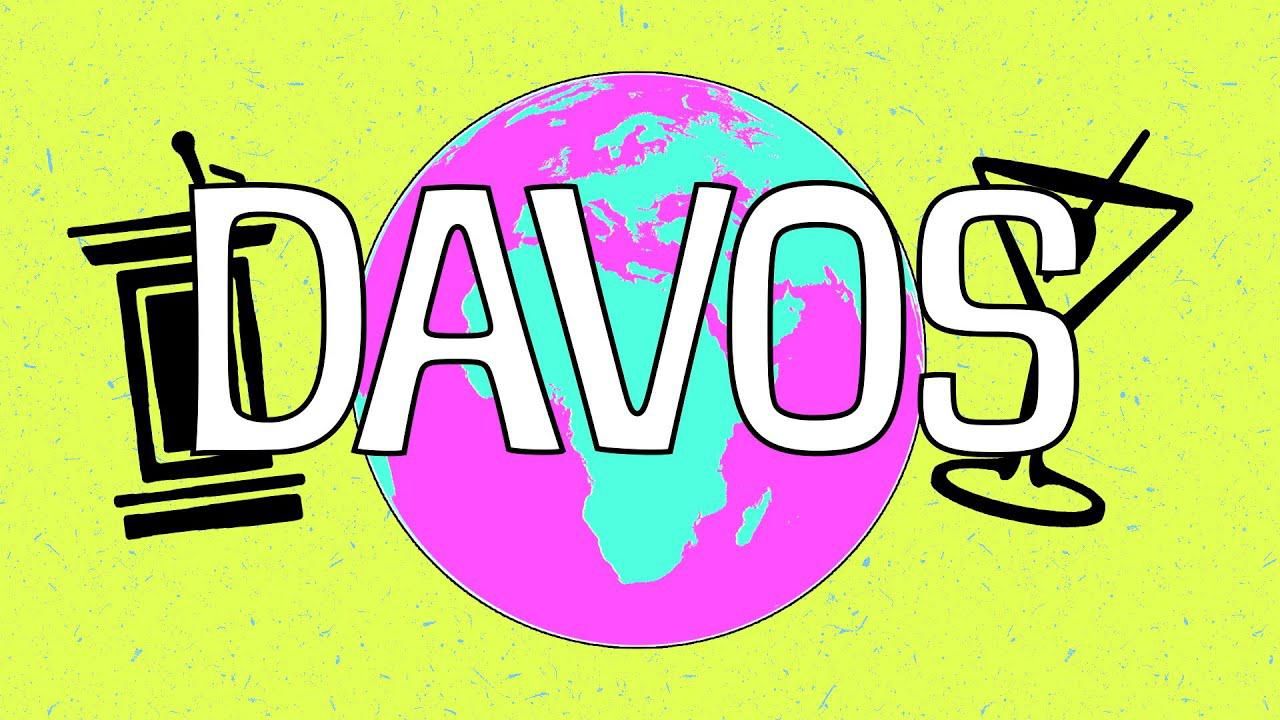June 02, 2022
The tiny alpine village of Davos in Switzerland used to be the place to be for some of the world's most powerful people to talk about very important stuff at the annual World Economic Forum.
Indeed, the name “Davos” had become code for a globalist agenda that promotes things like liberal democracy and encourages cooperation on big issues such as climate change to fix the world's problems.
For a long time, it worked. People became more connected, and poverty declined. But not anymore, Ian Bremmer explains on GZERO World.
When titans of industry and government gathered last week in Davos, faith in the WEF's global agenda had taken a hit due to the economic wreckage of the pandemic and more recently Russia invading Ukraine.
Only three months in, the war has already left a wake of destruction that'll take many billions of dollars and years to rebuild.
And its ripple effects are hurting everyone via skyrocketing energy prices and food inflation that'll cause hunger in many parts of the world.
Still, there were some reasons for optimism, like support for Ukraine or a more unified West. But there are many pitfalls along the way.
More For You
- YouTube
On Ian Explains, Ian Bremmer takes a look at the growing surge in global conflict and the ripple effects of so much violence, war, and armed struggle throughout the world.
Most Popular
Think you know what's going on around the world? Here's your chance to prove it.
French President Emmanuel Macron, German Chancellor Friedrich Merz, Ukrainian President Volodymyr Zelenskiy, U.S. Special Envoy Steve Witkoff and businessman Jared Kushner, along with NATO Secretary-General Mark Rutte and otherEuropean leaders, pose for a group photo at the Chancellery in Berlin, Germany, December 15, 2025.
Kay Nietfeld/Pool via REUTERS
The European Union just pulled off something that, a year ago, seemed politically impossible: it froze $247 billion in Russian central bank assets indefinitely, stripping the Kremlin of one of its most reliable pressure points.
Big global stories. Real conversations with world leaders. Our award-winning global affairs show, GZERO World with Ian Bremmer, goes beyond the headlines on the stories that matter most. Here’s a look back at the 10 most quotable moments from this year’s episodes.
© 2025 GZERO Media. All Rights Reserved | A Eurasia Group media company.
